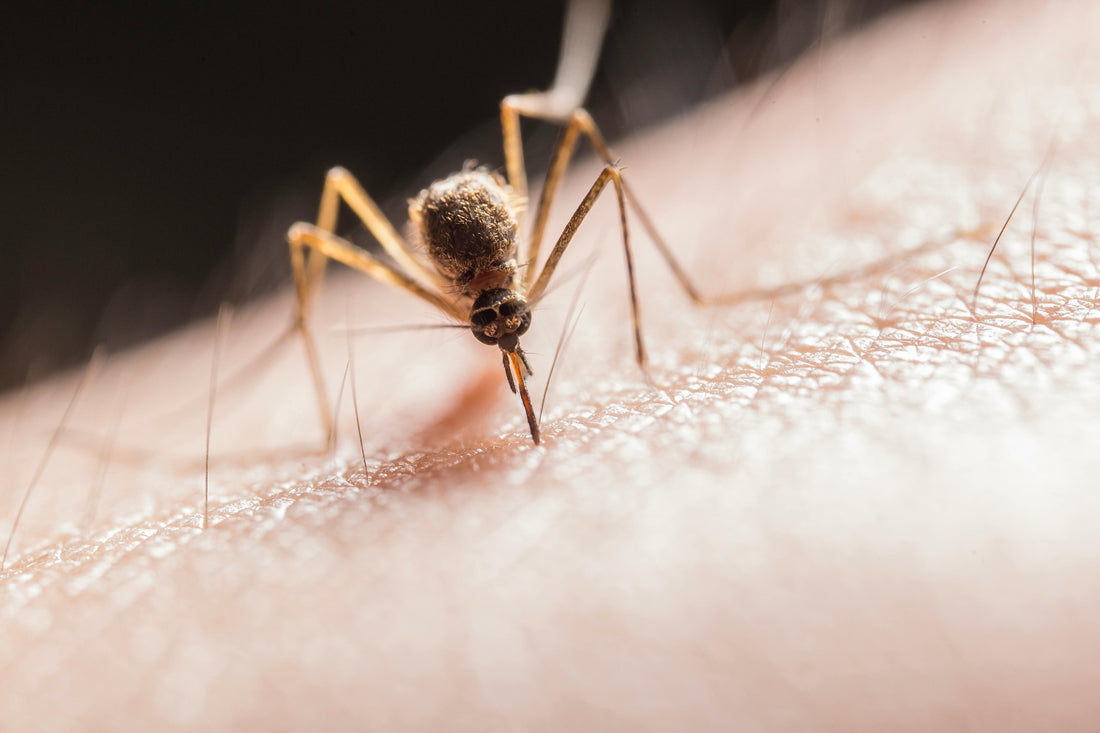
Why Malaria Spreads More at Night
Share
Introduction
Malaria is a serious disease spread by mosquitoes, especially at night. Scientists have long known that mosquito bites transmit malaria, but new research shows that there’s more to the story. Our bodies, mosquitoes, and even the malaria parasite itself follow internal clocks called circadian rhythms. This new study reveals how these daily rhythms work together to make malaria transmission more efficient.
The Role of Circadian Rhythms
Circadian rhythms are 24-hour cycles that affect how living things behave, including when we sleep and eat. Mosquitoes are more active at night, which is when they bite humans to get a blood meal. What this new research discovered is that mosquito salivary glands and the malaria parasite inside them also follow daily rhythms. These rhythms affect how mosquitoes feed and how ready the parasite is to infect a human.
Surprising Findings in Mosquito Biology
Researchers studied mosquitoes infected with malaria parasites and collected their salivary glands every 4 hours over three days. They looked at gene activity in both the mosquito and the parasite. About half of the mosquito’s salivary gland genes showed rhythmic patterns, including important ones involved in blood feeding and digestion.
Even more surprising, the malaria parasite’s genes also followed daily rhythms. This was unexpected because these parasites were believed to be inactive while waiting in the salivary glands. But the study found that these parasites were far from dormant — they were preparing themselves to infect the next host, following a clock of their own.
Timing is Everything
The research showed that malaria is more likely to be transmitted at night. That’s when the mosquito is actively feeding, the parasite is ready to infect, and the human host’s body is also more susceptible. When the body clocks of all three — mosquito, parasite, and human — are in sync, malaria transmission becomes much more efficient.
What This Means for the Future
Understanding that all three players in malaria transmission are guided by biological clocks opens new doors. If scientists can figure out how to interrupt these rhythms or desynchronize them, we may be able to stop malaria from spreading so easily.
For example, spraying insecticides during peak mosquito activity times might be more effective. Also, learning how to disrupt the parasite’s internal clock could lead to better medicines or prevention strategies.
Beyond Malaria
This discovery could help us fight other mosquito-borne diseases too, like dengue and Zika. These diseases also depend on mosquito behavior, which might be influenced by similar daily rhythms. So, this research is a step forward in tackling several global health problems.
Conclusion
This study teaches us that malaria isn’t just a matter of being bitten by a mosquito. It’s about perfect timing — a complex dance between mosquito, parasite, and human, all guided by internal clocks. By understanding and targeting these rhythms, we may find new and smarter ways to fight malaria and save lives.
